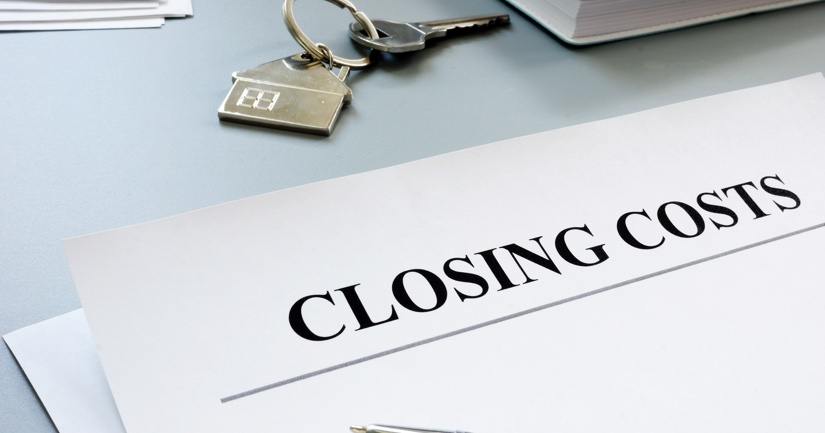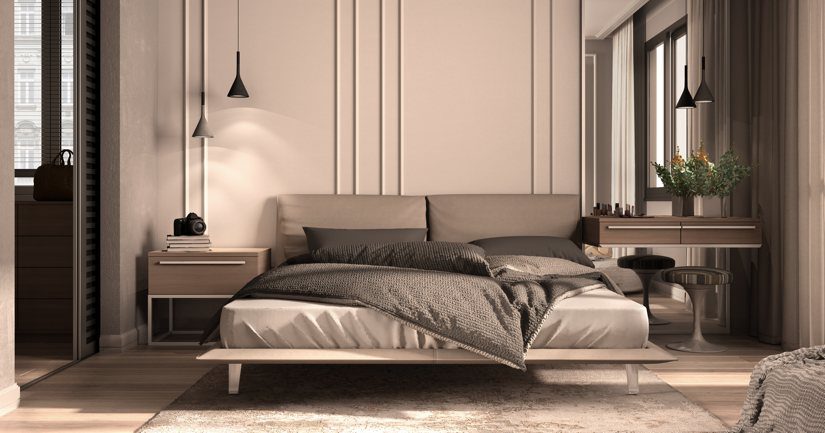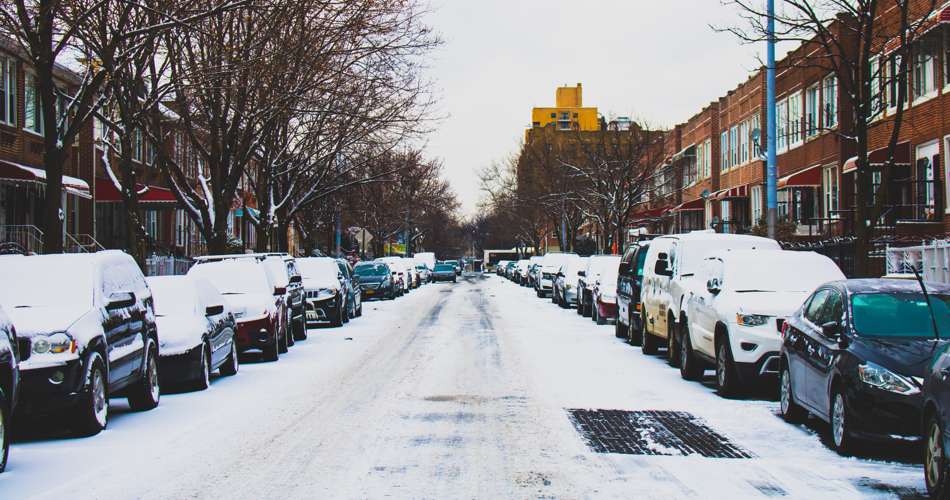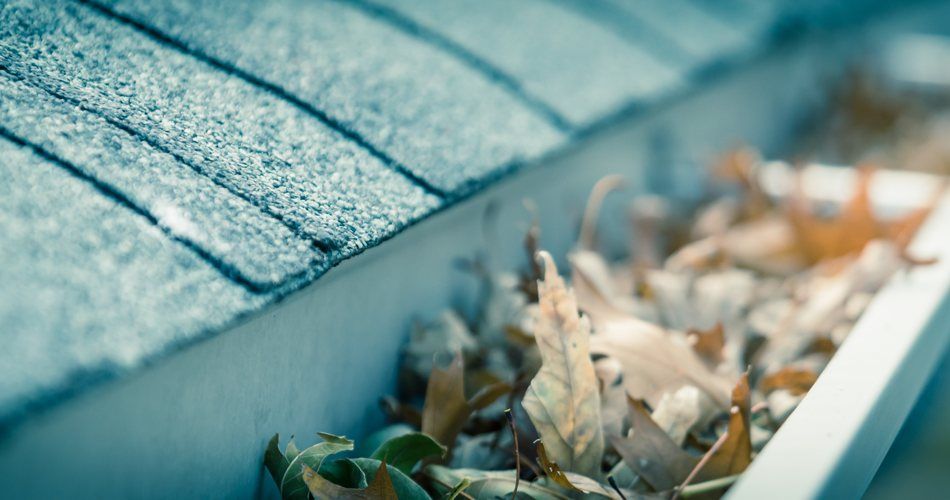Whether you’re buying your first home or looking to move up to a bigger home, there are a lot of steps involved and it’s easy to get overwhelmed. If you want your home buying experience to be easier and more enjoyable, the best thing you can do is educate yourself about the process. with that in mind, we put this article together with detailed answers to some of the most common home buying questions you should consider before you start your home search.
1. What’s the First Thing I Should Do Before I Start My Home Search?
Out of them all, this is at the top of the list of common home buying questions everyone wants the answer to.
The first thing you should do is get a mortgage pre-approval. The benefits of getting pre-approved are huge. Not only will you find out how lenders look at you in terms of your credit score and income, but you’ll know how much house you can afford. You’ll be able to set a more realistic budget prior to finding a home and even lock in your interest rate.
One of the biggest dilemmas buyers get themselves into is starting their home search prior to being pre-approved. They find the home of their dreams only to be informed that it’s more than they can afford. Realtors® work with many reputable mortgage brokers that can make the process of pre-approval simple and quick so you can start looking for a home within your budget.
2. How Much Do I Need for a Down Payment?
Generally speaking, the minimum amount you’ll need to save up for your down payment is five percent of the purchase price of the home. Now, there are some exceptions like if you’re planning to rent out the property, for example. But five percent is a good rule of thumb to follow.
It also depends on the price of the home.
- $500,000 or less – minimum down payment of 5%.
- more than $500,000 – minimum of 5% down on the first $500,000 and 10% on the balance
- $1,000,000 or more – mortgage loan insurance is not available
The more you save the less your monthly mortgage payment will be, so consider saving at least 20 percent if you can. If you are able to save 20 percent, you’ll avoid paying mortgage insurance.
If you are a first-time home buyer, there are programs available to make it easier for you to come up with the funds you need. There is an incentive offered by the Government of Canada where you can get between five and ten percent of the purchase price depending on the type of home you want. Because it is a shared-equity mortgage, you’ll have to repay the incentive after 25 years or if you sell the home before that time. You can also choose to pay this amount back at any time without penalty.
Another program, also for first-time buyers, allows you to temporarily borrow from your RRSP and use that money towards the down payment. It is called the Home Buyers’ Plan and is a popular option for Canadians who are ready to buy a home but just need a little help getting there.
3. Should I Sell My Current Home Before Purchasing a New One?
Some people believe they need to sell their old home before they can buy a new one. Yes, it’ll allow you to use all your equity on the new purchase but it can also leave you in an uncomfortable situation if you have nowhere to move into right after it closes. There are many options available to those who want to buy a newer home but need to sell at the same time.
They include:
- Subject to Sale Clause: the buyer puts an offer on a property, but the Offer to Purchase has the condition that the buyer first needs to sell their home.
- HELOC Loans: a home equity line of credit allows you to take out a loan using the current home’s equity.
- Mortgage Portability: you take your current mortgage and port it over to the new mortgage. In this scenario, you’d combine what’s left of the current mortgage – including the mortgage rate and terms – and the new mortgage.
- Mortgage Payoffs: including the current mortgage balance into a mortgage on the new home.
- Bridge Financing: a short-term loan that a lender gives when a homeowner has a solid offer on his or her home but needs liquid cash to make a new purchase.
- Unsecured Loans: similar to a HELOC except there’s nothing securing the loan. The interest rate on this type of loan is often much higher than with a HELOC and you need to have a high credit score.
- Rent It Out: sometimes waiting to sell may be the best solution, especially in a slow market. If you want to purchase a new home without taking a financial hit, you may be able to recoup some of your costs by renting out the old place in the meantime. You can sell it once the market improves.
As you can see, there are many options for selling your current home and buying a new one at the same time. A mortgage broker can help you sort through which option is best for you.
4. Do I Really Need to Use a Realtor to Buy a Home?
The short answer is no, but there are many benefits to using one. A real estate professional, in this case, the buyers’ agent, will protect your interests. They will also use their expertise in the area and market to negotiate a fair price for you.
The one main confusion amongst home buyers is they believe they have to pay the real estate commission. This is false. As a home buyer, you can choose any real estate agent to work for you at no expense.
In most cases, real estate fees are paid through the proceeds of the seller’s home, which means the seller is responsible for paying the commission fees. Your buyers’ agent will work diligently to find you a home and they don’t get paid until that happens.
Contacting the sellers’ agent to view a property they have listed because “you feel you want to work with the agent that is selling the home” works against protecting your interests. You want to have an agent on your side, not an agent that is on the side of the seller.
5. What Type of Financing Options Are Out There?
There are a few common mortgage types to consider and it all depends on how much payment flexibility you want. You can opt for a closed or an open mortgage, each with its own set of benefits.
A closed mortgage will likely have penalties for refinancing or making lump sum payments, so if you plan on doing either of those things this may not work for you. Closed mortgages are a popular choice for Canadian homeowners because they’re in it for the long term and interest rates will be lower than those with an open mortgage.
Open mortgages are great if you want to refinance or renegotiate rates, pay off a large chunk of your mortgage balance, or convert to another term without penalties. Terms are usually shorter as well with this type of home loan.
For even more choice in your mortgage options, consider looking into hybrid, cash back or blended rate mortgages.
You’ll also be able to choose between a fixed or a variable rate mortgage when it comes to the interest rate you’ll pay during your term.
A variable rate mortgage means the interest rate can change at any time – this is good if rates go down but because they are already so low this usually doesn’t happen. With that in mind, variable rates are usually offered at a lower rate than fixed rate mortgages which is appealing to some home buyers.
If you want more security in your mortgage, a fixed rate term is the way to go. Interest rates can be slightly higher but you’ll have peace of mind knowing your rate won’t double overnight.

6. What Other Costs Should I Prepare For?
It’s easy to get caught up in the excitement of finding a home! However, in your excitement, you may not be thinking about the extra costs that come with it. The purchase price is the main cost to plan for and the reason why you get pre-approval before you go home shopping, but there are also closing costs to consider.
These can include things like a home inspection fee, land transfer tax, title insurance, property insurance and taxes. Closing costs usually range from 1.5 to 4% of the purchase price.
There are other costs to keep in mind, too. You’ll need to hire a mover if you don’t want to tackle that yourself, there will be new utilities to set up, and you’ll want to budget for new furniture or any other necessary items for your new home.
We hope the above answers to some of the more common home buying questions have helped you better understand the process. Even if you’ve bought a home before, it’s easy to forget a step or not know about a better option, especially when it comes to financing. If you’re still looking for answers, reach out to a reputable broker or real estate agent in your area with any other questions you may have.
Originally posted Dec 18, 2017; updated Mar 10, 2023










0 Comments